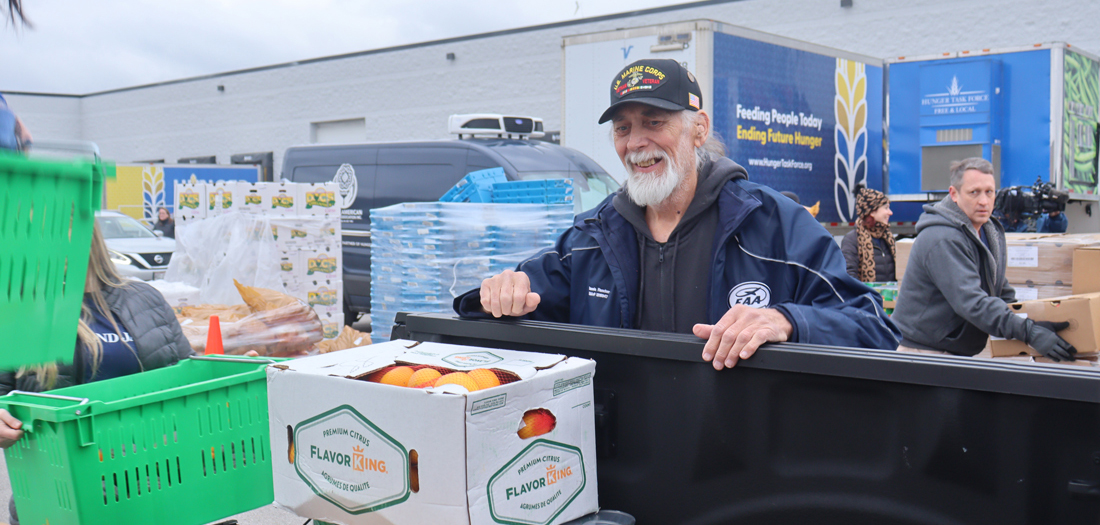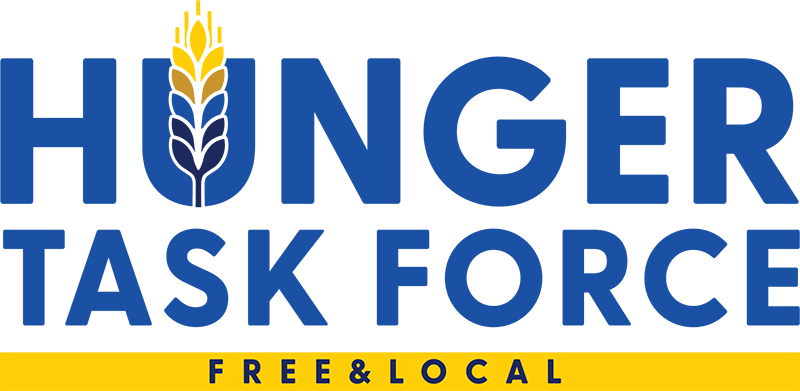Hungry for the holidays: Inflation driving spike in food insecurity across Wisconsin
Food insecurity appears to be exploding across Wisconsin, with nearly an 11% increase in the amount of Foodshare and food stamp benefits being delivered, according to the state Department of Health Services.
The jump in October — the most recent data available — is also more than 8% higher than at any time this year. It’s also higher than at any time in 2021.
Numbers this high haven’t been seen since 2020, during the heart of the COVID pandemic, when job losses skyrocketed.
This time, the primary culprit appears to be inflation.
“Everybody would like to see a turkey or a ham on their table,” said Sherrie Tussler, executive director of Hunger Task Force in Milwaukee. “For so many people, it’s a symbol of hope and comfort.”
This year, that may be out of reach, if not on actual holidays, then on the days before and after.
The all-items Consumer Price Index increased 7.7% from October 2021 to October this year, with the index for food alone jumping 10.9% from October 2021, according to the U.S. Department of Agriculture. Within that food category, grocery store prices jumped more than 12%, restaurant costs rose nearly 9%.
And there’s not much cheer on the horizon. Pastor James West Jr., executive director at Repairers of the Breach, said that there’s been a noticeable increase in people attending the shelter’s meal programs.
“I have seen about a 25% uptick compared to last year,” West said. “On holidays, a lot of the meal programs are closed, but we’re open … there’s a need there.”
In 2023, all food prices are predicted to increase between 3% and 4%, according to the USDA’s Economic Research Service.
“There’s a lot of need in Milwaukee,” Tussler said. “Inflation is really hurting all of us, but low-income families more than most.”

Food insecurity is defined by uncertain access to food that supports a healthy, active lifestyle, according to the USDA. In 2020, more than 100,000 people in Milwaukee and more than 500,000 in Wisconsin fell under this definition.
Food insecurity can also be parents or guardians skipping their own meals to feed children in their household, something that Tussler said is a dead giveaway for someone who is experiencing food insecurity.
Complicating the situation are food deserts — either urban areas served mostly by corner stores with little variety or fresh food, or remote rural areas with grocery stores that are too far away for regular visits, Tussler said. Even students on university campuses are struggling more than in the past.
“Their primary source of food might be a Kwik Trip,” Tussler said. “There’s been a lot of complaints about inadequate food on the shelves.”
Food banks like Hunger Task Force have worked overtime to meet the increasing demand for food. The Hunger Task Force has given more than 10 million pounds to families in need across the state during the calendar year.
One solution that Hunger Task Force has put forth is the Badger Box. Started in April of this year, The Badger Box is a monthly shipment sent to rural areas, remote regions and tribal communities that may have limited access to grocery stores.
“The beautiful thing about the Badger Box is that it not only helps low-income people but it also helps our farmers and our food economy,” Tussler said. “Hunger Task Force really expanded its reach to statewide during the pandemic.”
The contents of the Badger Box differ from month to month. Since the start of the program in April, more than 15,000 Badger Boxes have been sent out to families across the state. Tussler said many families have told her the box has made a huge difference.
The box includes exclusively made-in-Wisconsin or Wisconsin-grown products, including dairy, produce and beef.
The Hunger Task Force has had enough supply to meet the demand, but Tussler stressed that easy access to food is a privilege not to be taken for granted.
“Almost every one of us can remember going to grandma’s house and sitting at the table or making food for our children,” Tussler said. “We don’t really say, ‘Wow, I’m so lucky to have food.’ But there are so many people in our community that do that every day.”
